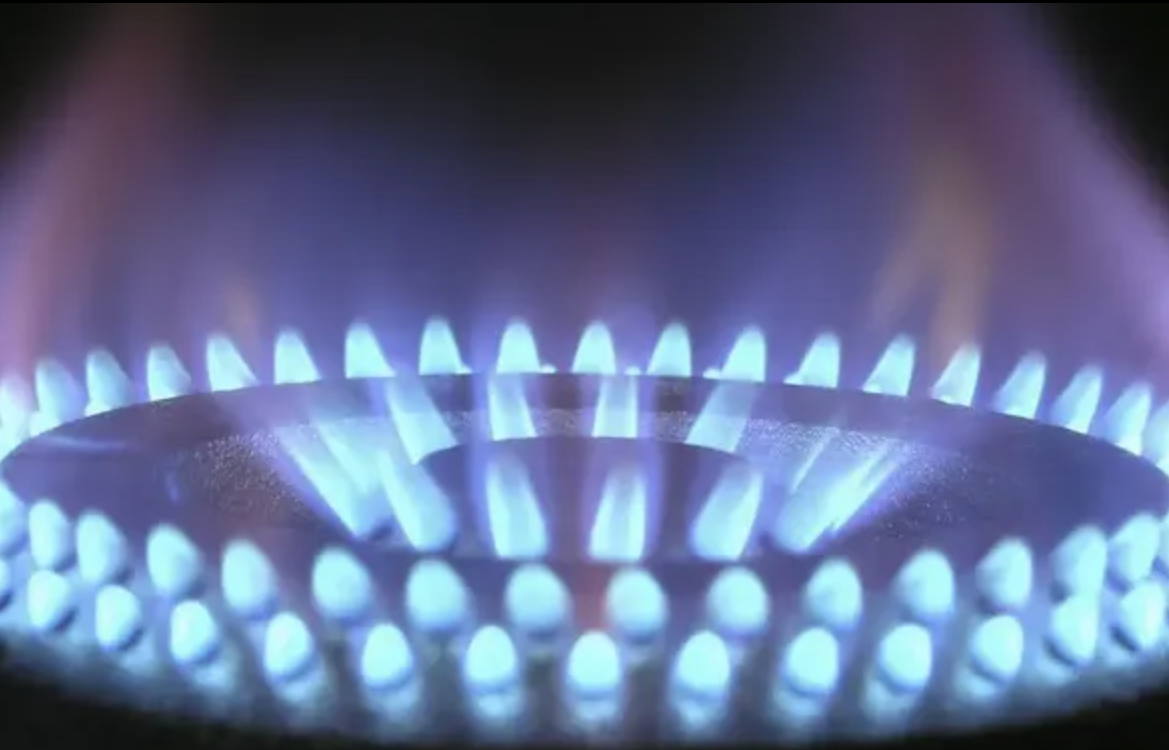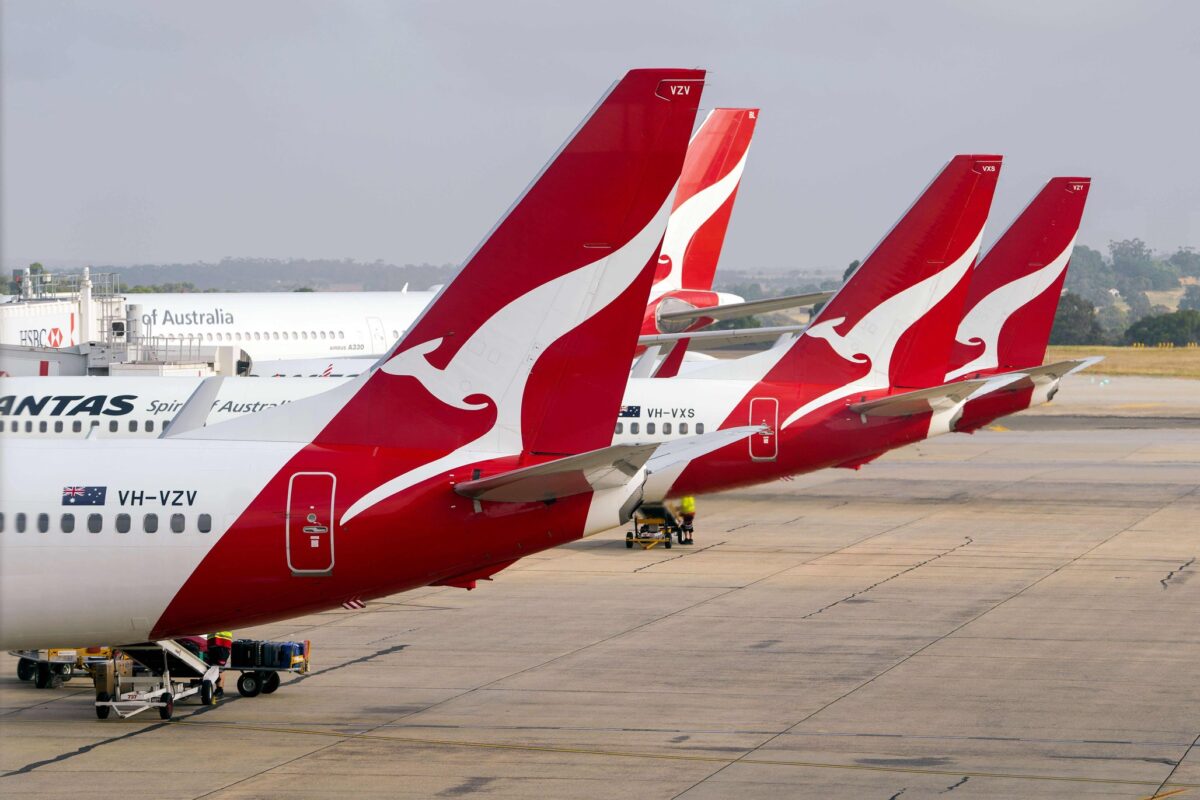
By Marion Rae
Australia must stop “killing” long-term gas exploration because time is running out to fix a supply shortfall, the industry says.
While the east coast gas market has a couple of years to right the balance, Western Australia faces an immediate risk, according to official forecasts.
“We do see a supply-demand imbalance,” Chevron Australia managing director Mark Hatfield told a business audience on Tuesday.
The comments came as gas giant Woodside Energy said it was finalising a pact with the WA government to make additional supply available for the state market.
Almost all of WA’s gas market feeds into industry and electricity generation, with demand expected to rise in the next decade from new critical minerals and chemical industries.
In contrast, the east coast has about one third of households and commercial customers on gas and an energy network that still relies on coal-fired electricity.
Mr Hatfield said “we’re very bullish” on being part of the domestic gas market as Australia develops new industries and gas demand grows in WA.
Senex Energy chief executive Ian Davies accused the Albanese government of “deliberate demand destruction” in its rush to run Australia on renewable energy.
He urged the federal government to bring gas into a taxpayer-funded capacity investment scheme to boost national supply, after creating a mess with “unrelenting market intervention”.
ExxonMobil commercial director David Berman said gas sourced from the Gippsland Basin would be vital for energy security and affordability.
He said leaving Australian gas in the ground did nothing to ensure supply, put downward pressure on prices, or secure the “economic and emissions reduction benefits” of gas.
“Wind and solar alone cannot solve emissions in the industrial sectors that are at the heart of our modern society,” he said.
By 2030, gas available to southern states would decrease by 44 per cent – more than four times the most credible forecast – the operator of Australia’s largest domestic gas supply project warned.
“Decisions to invest or not in new gas supplied by the Gippsland Basin and Kipper Unit Joint Ventures will materially impact the supply outlook for the southern states in the second half of this decade,” Mr Berman said.
Bass Strait production is primarily from the Gippsland Basin located off the southeast coast of Victoria, and Kipper Unit Joint Ventures with Woodside Energy.
The industry says the nation’s readiness for the next three winters is under threat, with a risk of gas shortfalls on extreme weather days and potential supply gaps looming in southern states.
Latest modelling from the Australian Energy Market Operator warns gas supply gaps will only increase with dwindling production from Bass Strait, but that has been contested by independent analysts.
Australian Gas Infrastructure Group executive general manager Jon Cleary said WA needs 1000 megawatts of gas-fired power generation built in the next six years, which requires 250 terajoules per day of gas that must come from somewhere.
WA has a “longer gas story” than the east coast and will need it for lithium and rare earths processing and for producing green steel, he said.
“Ultimately, alternatives will come along – electrification, green hydrogen – but they’re still a long way away,” Mr Cleary said.
The federal government must fix fiscal settings to encourage long-term exploration “because they’ve done a great job at killing it”, he said.
Empire Energy boss Alex Underwood said the Northern Territory was “doing the heavy lifting for Australian gas” as governments eye 500 trillion cubic feet of gas in the region’s Beetaloo Basin.
The NT’s proposed Beetaloo development covers a resource estimated as being equivalent to more than 1000 times present annual domestic gas consumption in Australia.
Tamboran Resources chief executive Joel Riddle said there was potential for the basin to support the east coast shortfall and drive emissions reduction, arguing that gas can displace coal.
Who can be trusted?
In a world of spin and confusion, there’s never been a more important time to support independent journalism in Canberra.
If you trust our work online and want to enforce the power of independent voices, I invite you to make a small contribution.
Every dollar of support is invested back into our journalism to help keep citynews.com.au strong and free.
Thank you,
Ian Meikle, editor





Leave a Reply